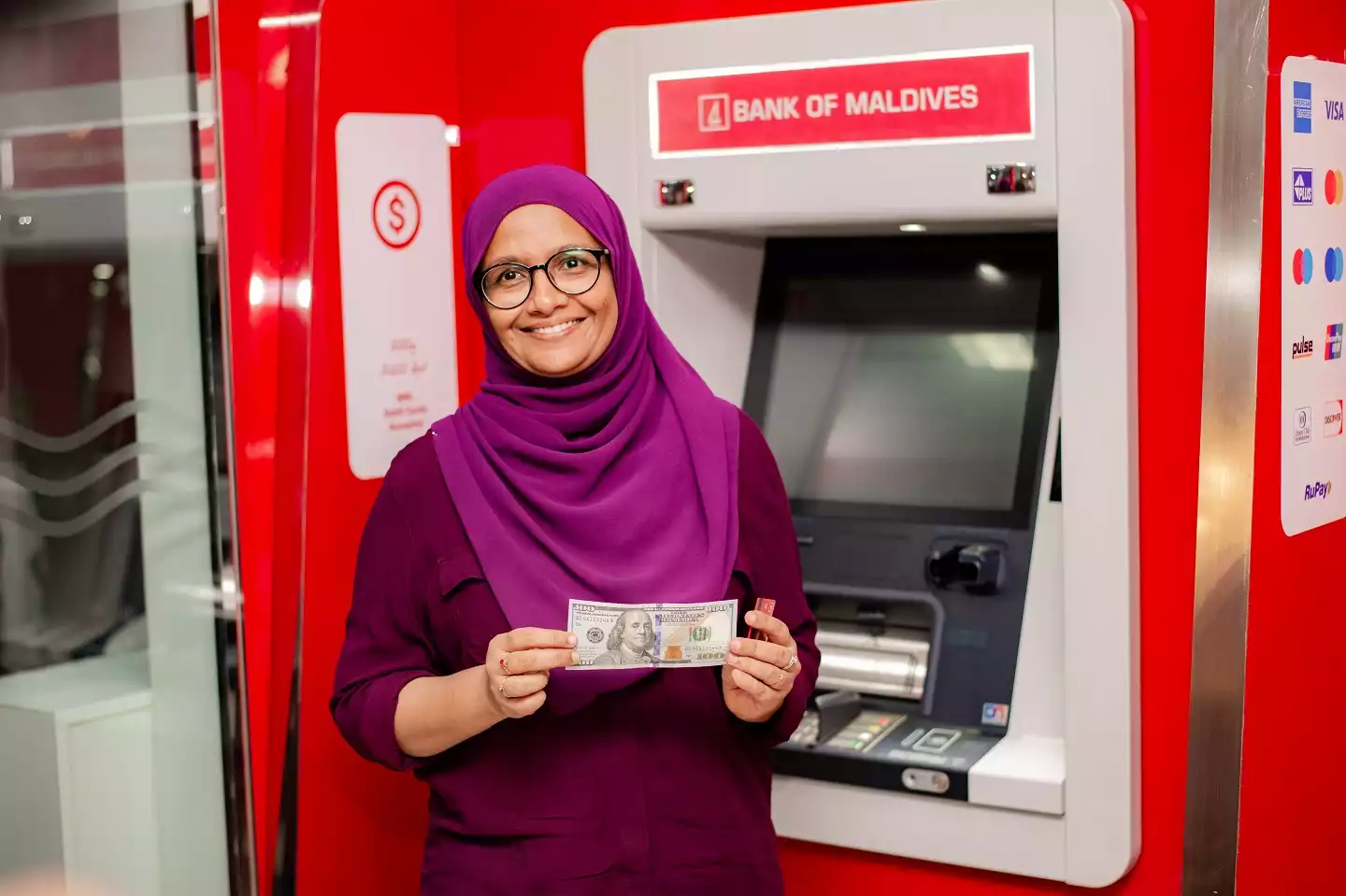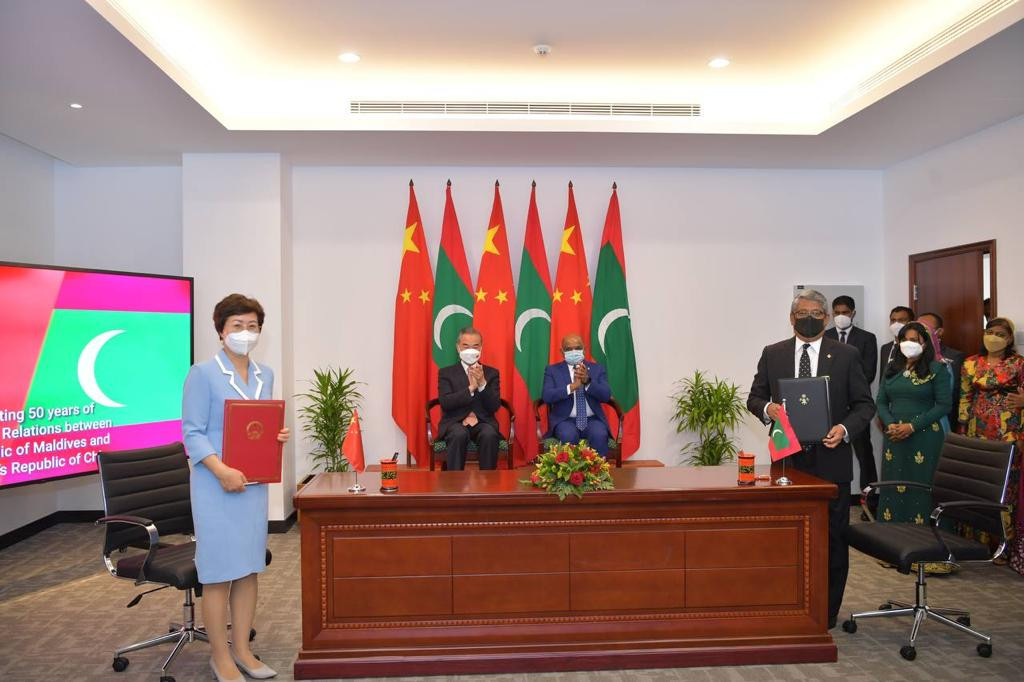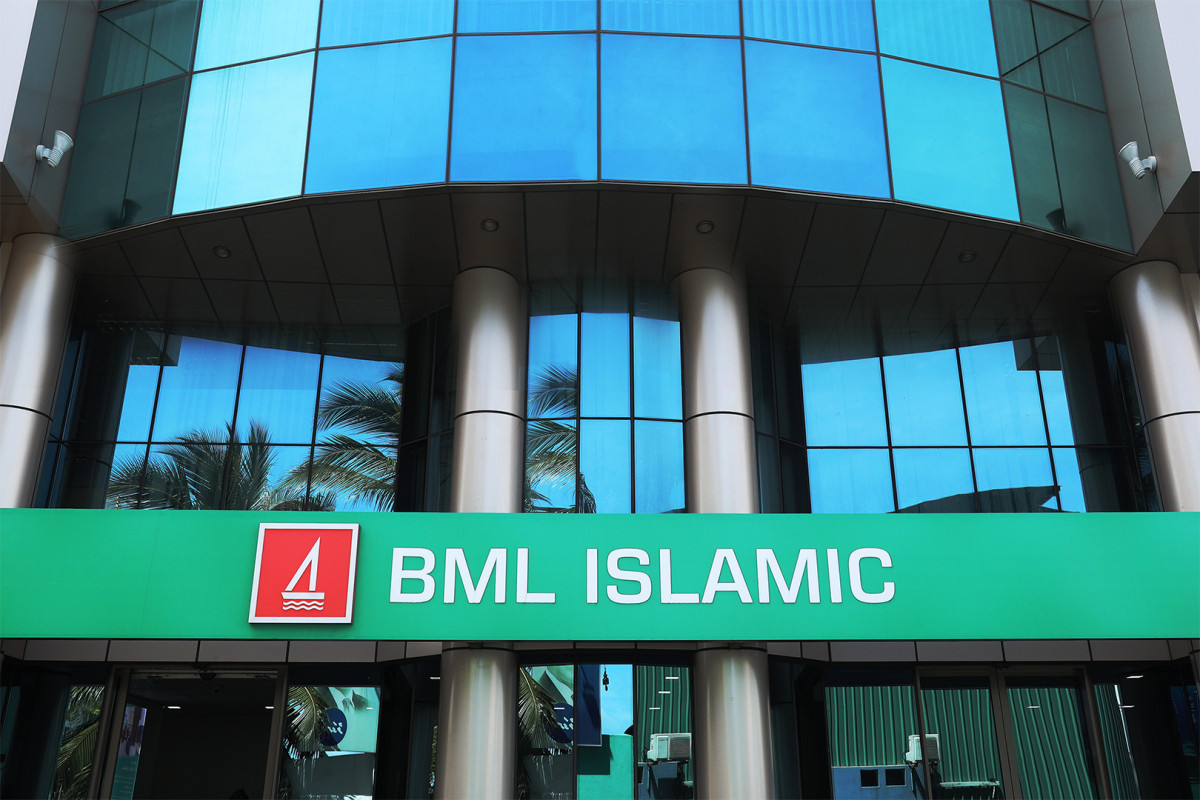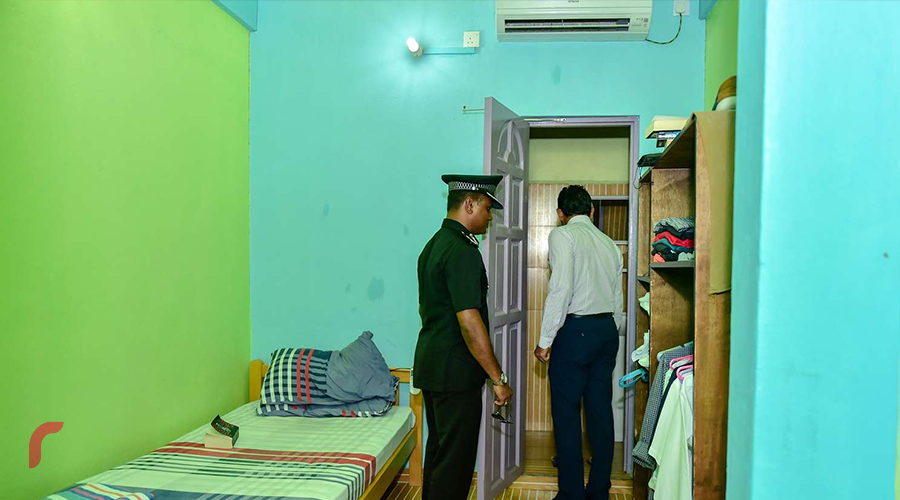Maldives produces 43,134 tonnes of plastic waste every year: MOPA
Polyethylene terephthalate (PET) plastic bottles constitute only one percent of waste produced in Maldives annually

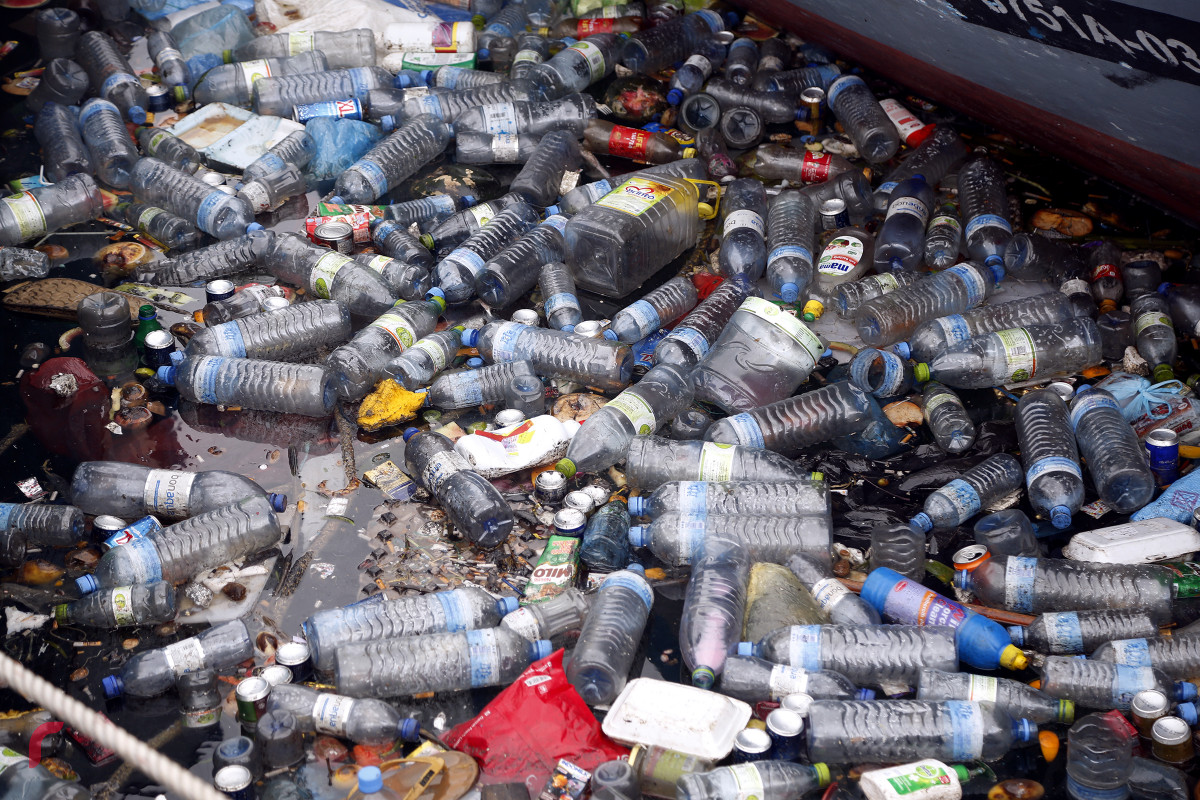
Plastic bottles and other waste accumulated at sea near capital Male' City
The Maldives Ocean Plastics Alliance (MOPA), in association with NIG Capital, has released an environmental and economic analysis report which details that the Maldives produces 43,134 tonnes of single-use plastic waste every year.
The MOPA-NIG report details that plastics make up 12 percent of all waste produced in the Maldives annually, which is rough 43,134 tonnes of plastic. The report further notes that the amount of plastic being imported to the Maldives had increased by 17 percent for every year between 2014 and 2018. In the year 2018, four percent of all imports to the Maldives were plastic and rubber products.
In addition to this, the report highlights that the most used types of plastic in the Maldives are bags and sacks made of plastic and similar materials. The report also notes that while 57 percent of households in the Maldives use water packaged in polyethylene terephthalate (PET) plastic bottles, those bottles only made up one percent of all waste produced in the Maldives.
The report by MOPA and NIG Capital also declares that while plastics make up a small portion of overall waste produced in the Maldives, they are still significant as they have a lasting impact on the environment. The report also notes that the amount of waste discarded or managed improperly in the Maldives is notably high even by world standards, with 66 percent of all waste created being discarded outside of sustainable waste management and recycling systems.
MOPA also notes in their report that sustainable waste management policies are based around separating waste based on type so that they may be recycled or disposed of accordingly in bulk. The report also backs the government's policy for managing PET waste through the recent Extended Producer Responsibility (EPR) policy, which places a greater burden of responsibility to dispose waste on those who create it in the form of goods. MOPA and NIG's report also acknowledges the importance of practical efforts being made on behalf of the government to establish, monitor and maintain sustainable systems of waste management across the Maldives.
In addition to this, the joint report by MOPA and NIG also remarks on how critical it is to have a system that allows for plastic waste to be collected, gathered and recycled in bulk, and also highlights how beneficial it could be to have compressed plastic waste exported to other countries for recycling purposes.
